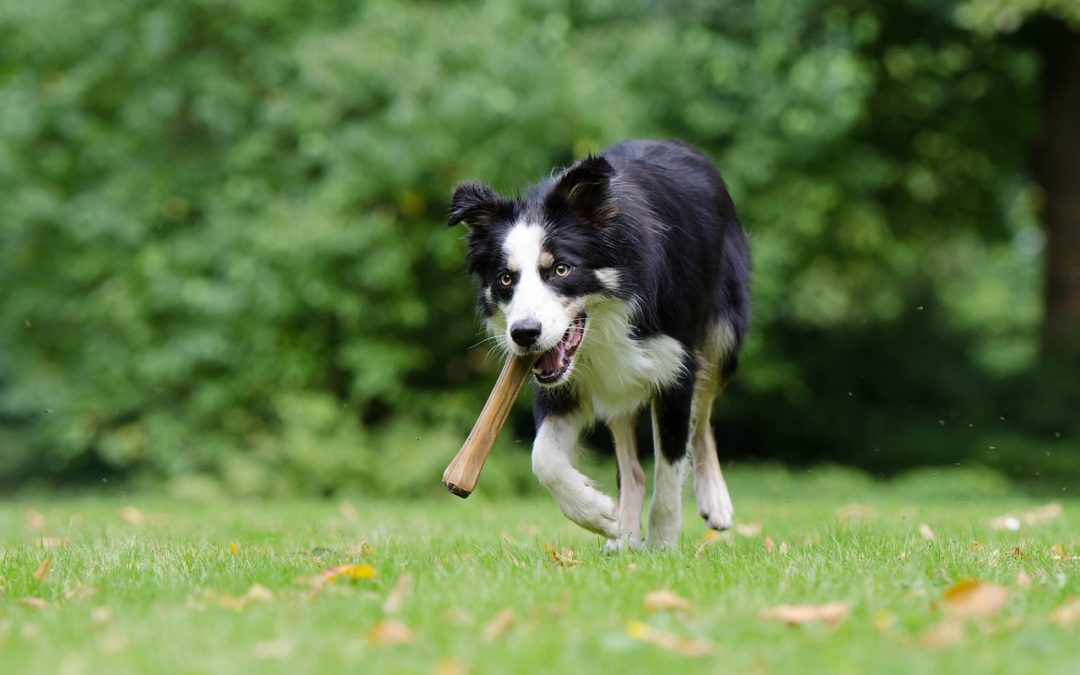Do you give your dog a bone to chew on? It may be time to rethink that. A new article and a recent update from the FDA have a lot of great safety information for pet owners! We strongly advise against giving bones, antlers, and Nyla bones. Please see our Life Stage Guidelines on our website for recommendations.
Commercial bone treats can be hazardous to a dog’s health, the Food and Drug Administration has warned—and sometimes they can even be lethal. The agency updated its website this month to include new reports of illnesses and deaths associated with these processed bone treats.
Nearly 70 dogs have gotten sick from processed and packaged bones and 15 have died, according to the FDA’s website. That figure is nearly double the last reported death toll linked with the treats; a 2015 version of the page indicated that eight dogs had died. Dogs have vomited, choked and had stomach issues after chewing on them, according to the agency. Some bones have also looked moldy or have splintered when a dog began to chew.
Illnesses reported to FDA by owners and veterinarians in dogs that have eaten bone treats have included:
- Gastrointestinal obstruction (blockage in the digestive tract)
- Choking
- Cuts and wounds in the mouth or on the tonsils
- Vomiting
- Diarrhea
- Bleeding from the rectum, and/or
- Death. Approximately fifteen dogs reportedly died after eating a bone treat.
The reports, sent in by pet owners and veterinarians, involved about 90 dogs (some reports included more than one dog). In addition, FDA received seven reports of product problems, such as moldy-appearing bones, or bone treats splintering when chewed by the pet.
Here are some tips to keep your dog safe:
- Chicken bones and other bones from the kitchen table can cause injury when chewed by pets, too. So be careful to keep platters out of reach when you’re cooking or the family is eating.
- Be careful what you put in the trash can. Dogs are notorious for helping themselves to the turkey carcass or steak bones disposed of there.
- Talk with your veterinarian about other toys or treats that are most appropriate for your dog. There are many available products made with different materials for dogs to chew on.
Have questions?






